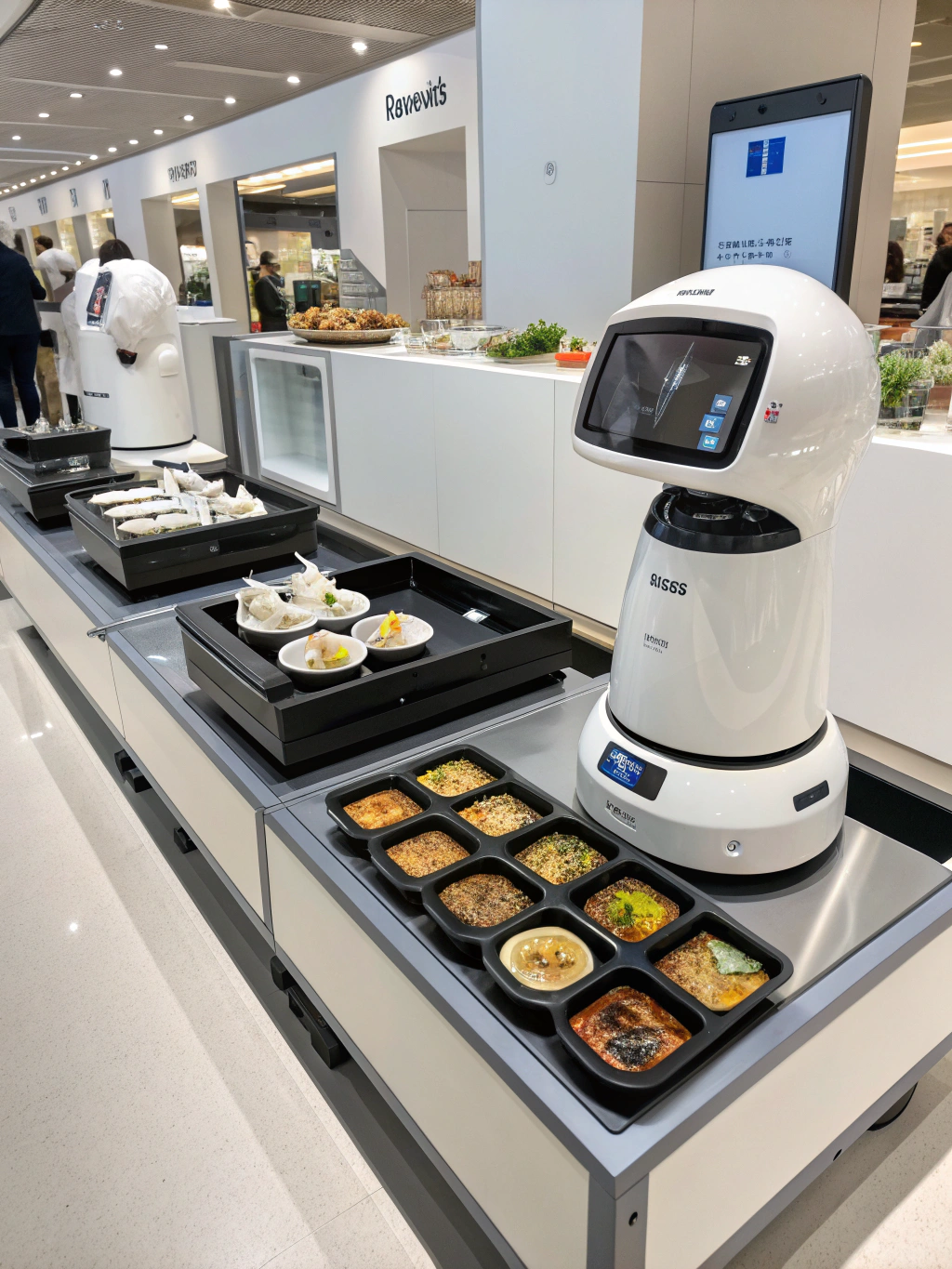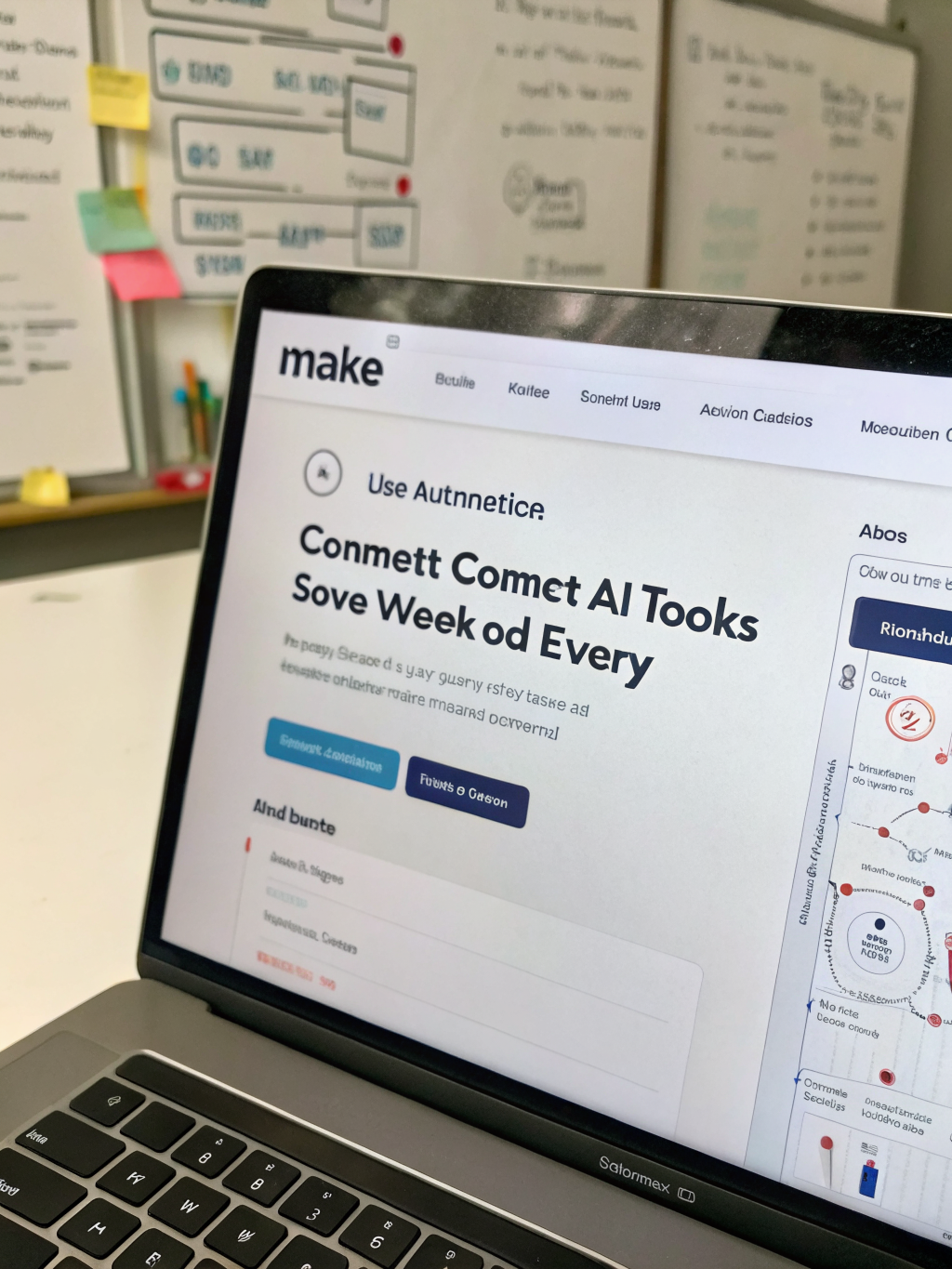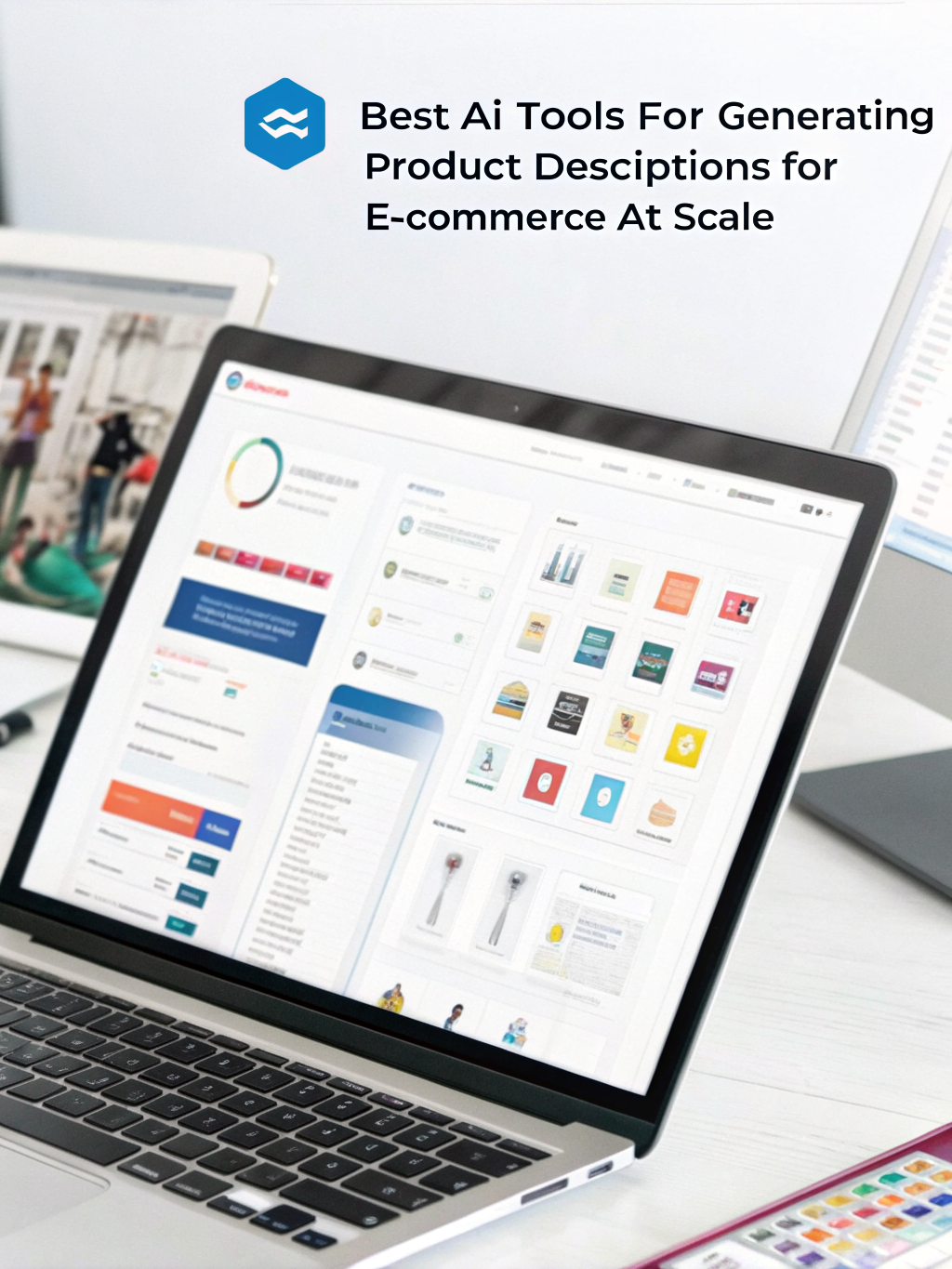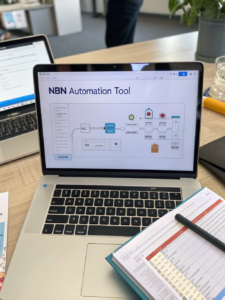Revolutionizing Retail: Implementing Robotic Process Automation (RPA) for Efficiency
The Retail Revolution: How AI, Automation, and Crypto Are Reshaping the Future The retail landscape is undergoing a seismic shift. Fueled by rapidly advancing technologies like artificial intelligence (AI), blockchain, and automation, businesses are scrambling to adapt to evolving consumer expectations and fierce competition. One of the most impactful transformations is happening within back-end operations – where robotic process automation retail is leading the charge, promising increased efficiency, reduced costs, and improved customer experiences. This isn't just a technological upgrade; it's a fundamental reimagining of how retail businesses function. From supply chain management to customer service, the integration of sophisticated tools is revolutionizing the industry. And it’s not just about streamlining; it’s about creating new avenues for growth, utilizing insights from decentralized finance (DeFi), and navigating the complexities of a rapidly changing economic climate. Let's dive into how these forces are colliding and redefining modern retail. The Rise of Robotic Process Automation in Retail: Beyond Basic Tasks For years, retailers have looked to automation to handle repetitive, manual tasks. But robotic process automation retail is far more sophisticated than simple automation scripts. It utilizes AI and machine learning to mimic human actions, enabling it to handle complex workflows and adapt to changing conditions. This goes far beyond automating data entry. It's about optimizing entire processes, improving accuracy, and freeing up human employees to focus on higher-value activities like customer relationship management and strategic planning. Here’s a closer look at how RPA implementations are being leveraged across key retail areas: Supply Chain Optimization: RPA intelligently manages inventory, automates order processing, and streamlines logistics, leading to reduced costs and faster delivery times. Customer Service Enhancement: AI-powered chatbots and virtual assistants automate responses to frequently asked questions, freeing up human agents to handle complex inquiries. RPA can also automate tasks like order tracking and returns processing. Financial Management: Automating tasks such as invoice processing, reconciliation, and financial reporting enhances accuracy and efficiency. Data Analysis and Reporting: RPA can extract, cleanse, and analyze large datasets, providing valuable insights for business decision-making. Fraud Detection: By automating the process of identifying and flagging suspicious transactions, RPA can help retailers protect themselves from fraud. AI Agents and Automation: The Next Frontier for Retail Efficiency The combination of RPA and AI agents is unlocking even greater potential for automation in retail. AI agents are intelligent entities that can learn, reason, and make decisions independently. They can work alongside RPA bots to handle more complex and dynamic tasks, such as personalized product recommendations or dynamic pricing adjustments based on real-time market data. Consider these examples: Personalized Shopping Experiences: AI agents analyze customer data to offer tailored product recommendations and promotions. Dynamic Pricing: Agents automatically adjust prices based on demand, competitor pricing, and inventory levels. Predictive Inventory Management: AI agents forecast demand and optimize inventory levels to minimize stockouts and waste. Automated Marketing Campaigns: AI agents manage and optimize marketing campaigns based on real-time performance data. The synergy between RPA and generative AI is particularly powerful. Generative AI can assist in creating dynamic content for marketing, product descriptions, and customer service interactions. This dramatically reduces the time and resources needed to create high quality written content for every possible consumer inquiry and scenario. Companies with robust RPA implementations are best positioned to leverage these AI-powered capabilities. Navigating the Crypto Landscape: New Payment Options and Loyalty Programs Cryptocurrencies are no longer a fringe financial instrument; they’re steadily gaining acceptance as a viable form of payment. Retailers are exploring ways to integrate crypto payment options into their business models, offering customers increased convenience and access to a new customer base. This is particularly relevant in the e-commerce space. The rise of decentralized finance (DeFi) also presents exciting opportunities for retailers. DeFi applications can be used to create innovative loyalty programs, reward customer engagement, and facilitate secure transactions. Blockchain technology enhances transparency and security, building trust with consumers. However, retailers need to carefully navigate the regulatory landscape and ensure compliance with anti-money laundering (AML) regulations. Understanding the difference between stablecoins, cryptocurrencies, and NFTs is crucial for future planning and robotic process automation retail should be used to streamline reporting based on regulatory demands! Alternative Investment Strategies for Retailers: Diversification Beyond Traditional Assets While traditional stock investments remain a cornerstone of corporate finance, many retailers are exploring alternative investment strategies to diversify their portfolios and generate higher returns. These strategies include: Real Estate: Investing in physical retail locations or warehousing facilities can provide a stable income stream and appreciate over time. Private Equity: Investing in private companies can offer higher returns but also carries higher risk. Venture Capital: Investing in early-stage startups can generate significant returns but is highly speculative. Commodities: Investing in commodities like oil, gold, and agricultural products can hedge against inflation. NFTs: Non-fungible tokens and their ability to represent unique digital assets are opening new avenues for revenue generation and brand engagement for online retailers. Investment Strategy Risk Level Potential Return Time Horizon Real Estate Medium Moderate Long-term Private Equity High High Long-term Venture Capital Very High Very High Long-term Commodities Medium Moderate Medium-term NFTs High Very High Short-to-Medium Term Retailers should conduct thorough due diligence and consult with financial advisors before investing in alternative assets. Conclusion: Embracing the Future of Retail The confluence of AI, automation, crypto, and alternative investment strategies is creating a dynamic and rapidly evolving retail landscape. Businesses that embrace these technologies and adapt their business models will be best positioned for success in the years to come. The strategic implementation of robotic process automation retail is no longer optional, but a necessity for survival and growth. Stay agile, embrace innovation, and prioritize customer experience – these are the keys to unlocking the future of retail. What are your thoughts? Share your insights on the future of retail in the comments below. Don't forget to share this article with your network! You can also explore our resources on robotic process automation retail and RPA implementations to learn more.
Share this content:














Post Comment